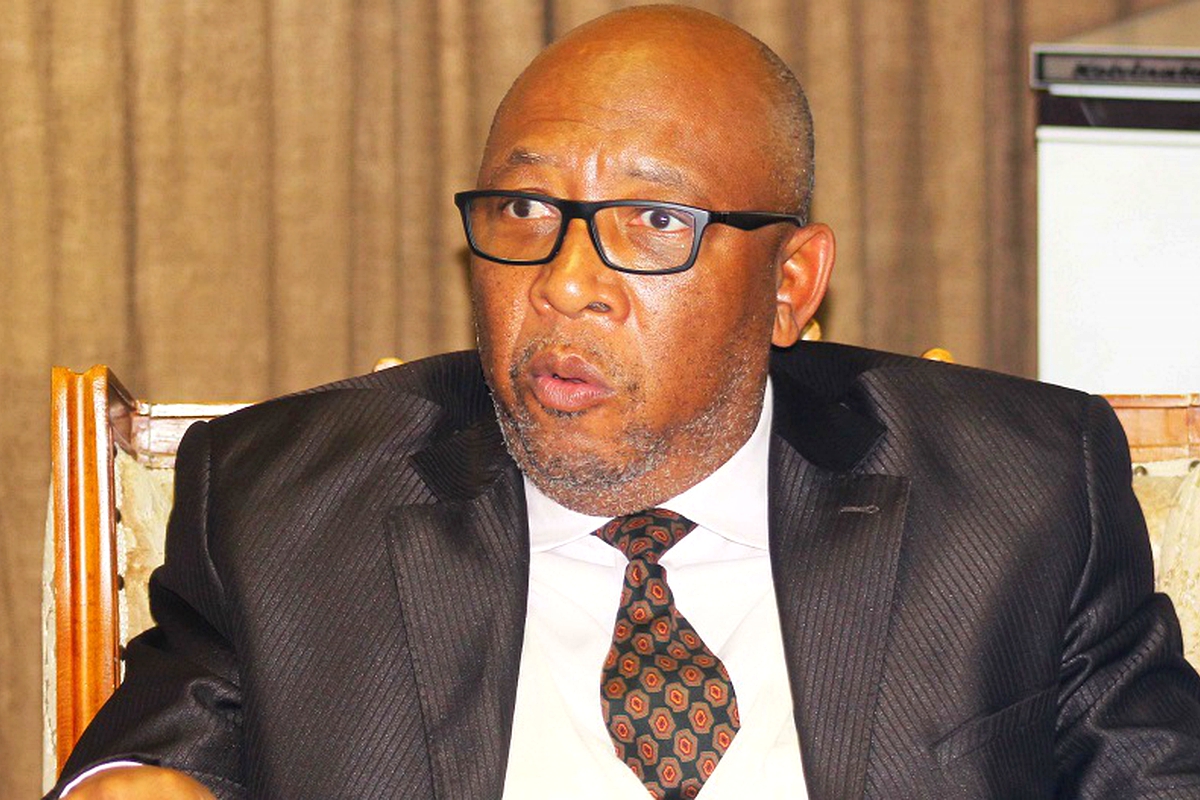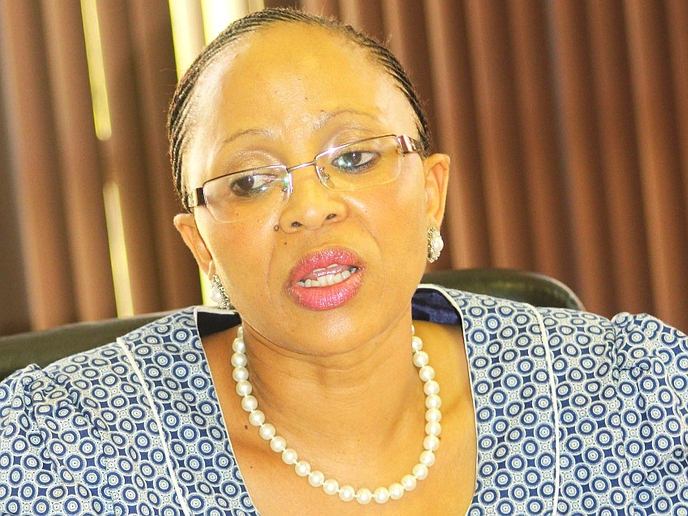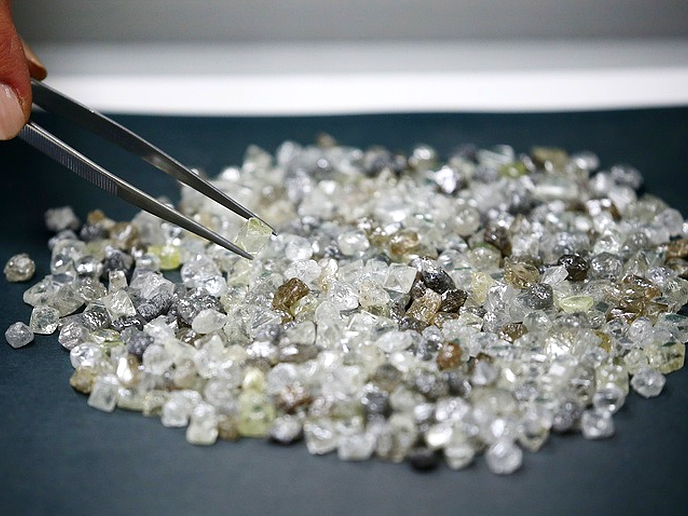MASERU - In terms of economic growth, 144 developing countries, Lesotho included, would increase their GDP by 8 trillion if 600 million women and girls have access to Information and Communication Technologies (ICT).
business
Sept. 1, 2020
KABELO MASOABI
3 min read
Stereotypes deny females access to ICT

The Minister of Communication, Science and Technology, Chief Thesele ’Maseribane
For too long, according to the Minister of Communication, Science and Technology, Thesele ’Maseribane, discriminatory stereotypes have prevented women and girls from having equal access to education in Science, Technology, Engineering and Mathematics (STEM).
“These stereotypes are simply wrong,” he said in his remarks in commemoration of the end to Women’s Month (August), during a roundtable discussion in Maseru.
The minister showed that the stereotypes deny women and girls the chance to realise their potential while depriving the world of the ingenuity and innovation of half the population.
“We need to end this bias, have greater investments in STEM education for all women and girls as well as create opportunities for their careers and longer-term professional advancement so that all can benefit from their ground-breaking future contributions.
“We need to step it up in data, knowledge, advocacy and movement building to demolish the myth of female incapacity and inferiority in STEM to build and sustain girls’ and women's interest in and confidence about their inner spark to take on the challenge of STEM education and careers.
“We need to inculcate a STEM culture in a gender-neutral way but with special appeal to women and girls from early childhood to adulthood, from homes, schools, universities and labs to tech ventures. Making it cool and making it second nature for them to embrace as a hobby, as a passion, as an academic pursuit, as a profession, as a profitable enterprise. Recognition and awards from the start energises the female STEM flocks.
“We need to step it up to train and develop skills in incubators, research and data labs and rebooting through the life and career cycles,” ’Maseribane explained.
He also emphasised the importance of both women and men STEM leaders in mentoring girls and women in all stages on their path to participation and leadership in STEM education and careers.
Enjoy our daily newsletter from today
Access exclusive newsletters, along with previews of new media releases.
“Technology is a big enabler to solving problems and driving innovations, so don’t’ be afraid of it. There are efforts around the world to have internet access for everyone, as this happens, there is an increased demand for local content creating a void that can be filled by you; young girls.
“Lockdown has shown us new possibilities where children might be able to access education using tech, enabling us to achieve UN Sustainable Development Goal 4 by 2030,” he went on to lecture the girls.
He said his ministry is also working on laws and policies to help guide technology development and innovation citing amongst others; the ICT Policy, Science and Technology Bill, Innovation Policy, Cyber Security Bill, Indigenous Knowledge Systems Policy. He noted that the girls will have the opportunity to comment on these policies and shape them, so that they can support their innovative minds.
Regionally, he said Lesotho supports efforts of the Southern African Development Community (SADC) to empower women scientists and push the development agenda through the Industrialisation strategy that includes the 4th Industrial Revolution and Artificial Intelligence.
In addition, “the Government of Lesotho,” Maseribane pointed out that it strongly welcomes the Commonwealth Businesswomen’s Network, recognised by all Commonwealth Governments, in the first ever Commonwealth Women in Technology Programme.
Tailored for you






